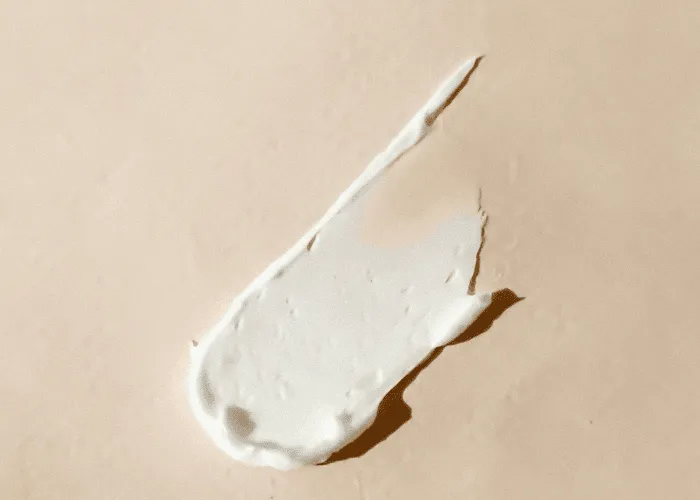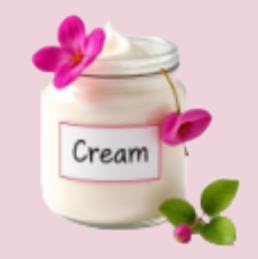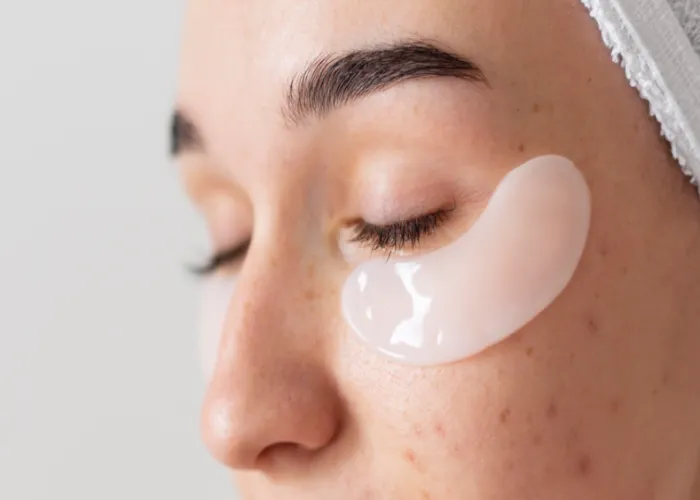Best Face Cream for Oily Skin

Introduction
We all know oily skin has many challenges, including excess sebum production, persistent acne, and enlarged pores. To manage these issues effectively, you need a strategic skincare approach, especially when selecting face creams. Using an overly rich or unsuitable face cream can worsen oily skin problems, resulting in more breakouts and a shiny complexion. Thus, choosing the right face cream is not just about comfort; it’s essential for maintaining a balanced and healthy complexion.
In this comprehensive guide, we’ll explore the best face creams for oily skin, emphasizing key ingredients and benefits to consider. Whether you’re battling frequent breakouts or trying to control mid-day shine, this guide will equip you with the vital information you need to make an informed choice. Stay tuned as we examine various products, their effectiveness, and how they can enhance your skincare routine.
Understanding Oily Skin
Oily skin is a skin type identified by having too much sebum, the skin’s natural oil. Sebaceous glands, more often found in certain areas like the face, chest, and back, produce sebum. Oily skin is shiny or greasy, especially in the T-zone (forehead, nose, and chin).
People with oily skin may experience enlarged pores, acne, and blackheads because of the excess oil mixing with dead skin cells and clogging pores. However, oily skin also has its benefits, such as being less prone to wrinkles and aging because the natural oils help keep the skin hydrated and supple. Managing oily skin often involves gentle cleansing, using non-comedogenic (non-pore-clogging) skincare products, and sometimes seeking the advice of a dermatologist for more targeted treatment options.
How to Choose the Best Face Cream for Oily Skin
Choosing the best face cream for oily skin involves finding products that provide hydration and nourishment without adding excess oil or clogging pores. Here are some tips for selecting the right face cream:
Look for oil-free or non-comedogenic formulas:
These formulations are specifically designed not to clog pores or exacerbate oiliness. They typically contain lightweight ingredients that won’t feel heavy or greasy on the skin.
Gel and water-based moisturizers:
These types of moisturizers are lighter in texture compared to creams or lotions, making them suitable for oily skin. They offer moisturization without leaving a thick residue on the skin.
Ingredients to avoid:
Avoid products containing heavy oils like mineral oil or coconut oil, as these can exacerbate oiliness. Also, steer clear of thick emollients such as shea butter or cocoa butter, which may feel too heavy on oily skin.
Matte and oil-control formulas:
Look for face creams that are specifically formulated to control oil and shine throughout the day. These products often contain ingredients like silica or clay that help absorb excess oil and leave the skin looking matte.
Hydrating ingredients:
While oily skin doesn’t require heavy moisturizers, it still requires hydration. Look for lightweight moisturizers that contain hydrating ingredients such as hyaluronic acid, and glycerin, or lightweight oils like jojoba or squalane.
Fragrance-free and gentle:
Fragrance and harsh ingredients can irritate oily skin and potentially trigger more oil production. Opt for fragrance-free and gentle formulas to minimize the risk of irritation.
Consider additional benefits:
Depending on your skincare concerns, you may want to choose a face cream that offers additional benefits such as oil control, acne-fighting ingredients like salicylic acid or niacinamide, or SPF protection if you’ll be using it during the day.
Patch test:
Before applying a new face cream all over your face, it’s a good idea to do a patch test on a small area of your skin to ensure it doesn’t cause any adverse reactions or breakouts.
By considering these factors and experimenting with different products, you can find the best face cream that effectively hydrates your oily skin without causing shine or clogging pores.
Conclusion
In summary, effectively managing oily skin requires choosing the right face cream. This guide addresses various aspects of selecting the best face cream, including understanding key ingredients, evaluating product formulations, and taking brand reputation into account. Also, prioritizing non-comedogenic, lightweight, and oil-free options enables individuals with oily skin to decrease excess oil and prevent clogged pores.
Everyone’s asking is unique. Therefore, it is crucial to consider individual needs and preferences when selecting a face cream. Factors such as skin sensitivity, specific concerns, and climate can influence product effectiveness. Testing samples or starting with smaller sizes can aid in determining suitability.
If you are not sure about skin type or product selection, we recommend consulting a dermatologist. They can provide personalized advice, recommend suitable products, and identify underlying issues contributing to excess oil production.




🗨️ Reader Comments